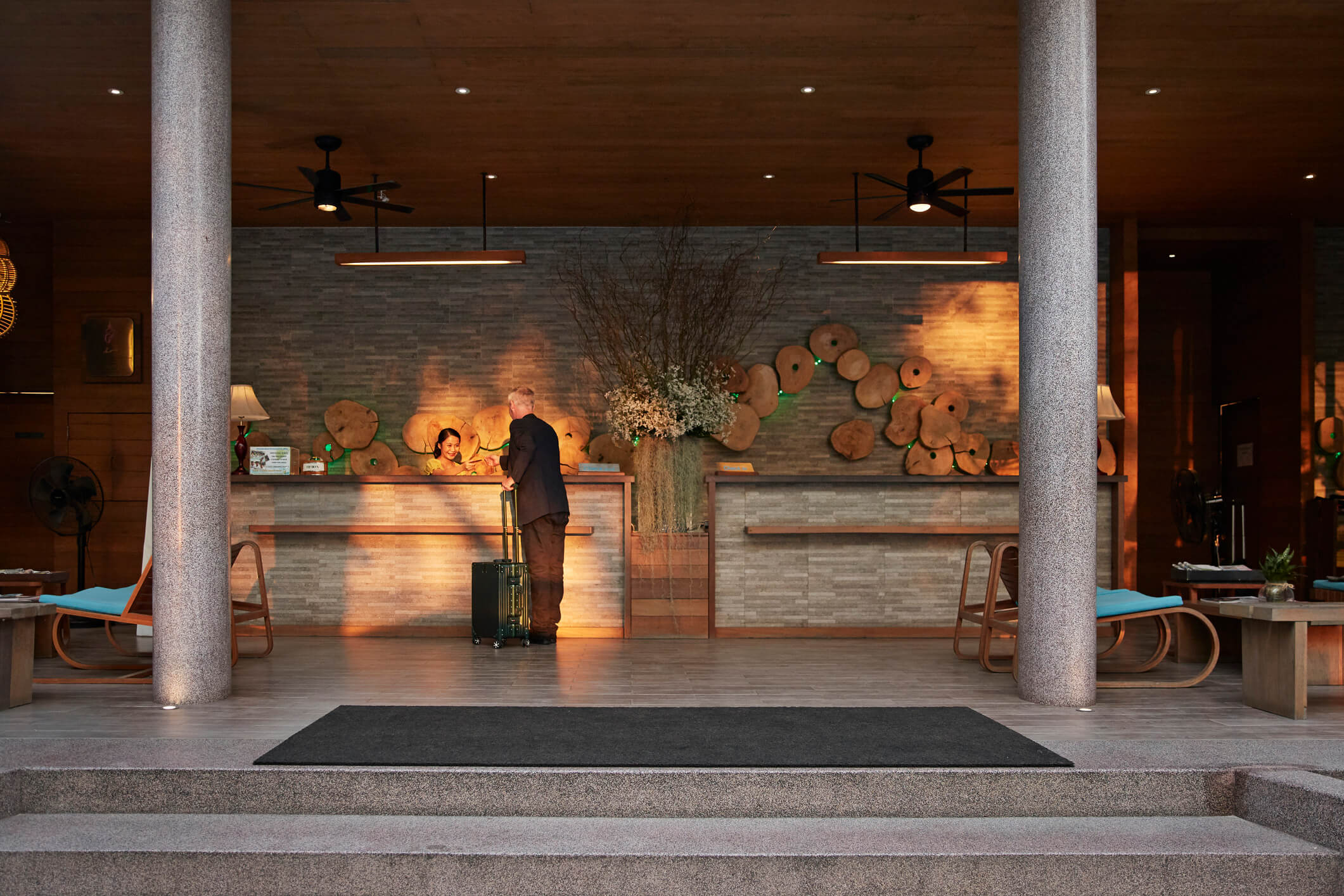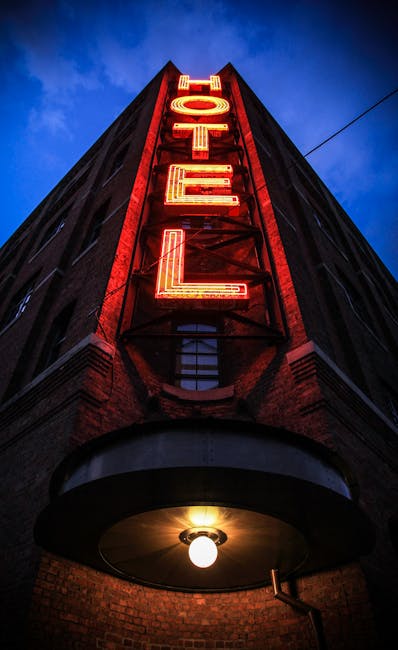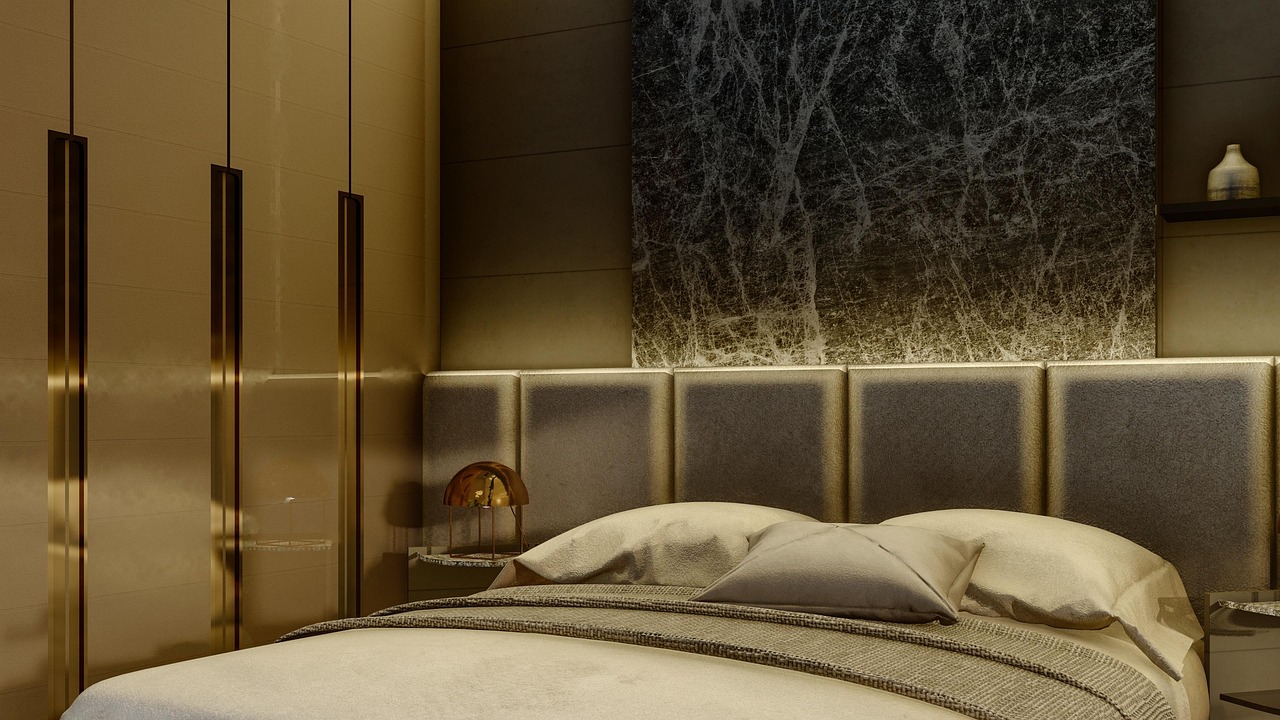This comprehensive hotel insurance guide provides essential insights for property owners in the hospitality industry. It begins by defining hotel insurance and its critical role in safeguarding assets against unexpected risks. The article highlights why hotel owners need coverage, emphasizing the importance of protecting their investment and ensuring business continuity. Key policies suitable for hotels and motels are discussed, including property, liability, and business interruption insurance. Additionally, cost factors and premium insights are explored, helping owners understand how to budget for their coverage. Finally, the guide offers practical tips for selecting the best hotel insurance plan, ensuring property owners can make informed decisions tailored to their specific needs. This article serves as an invaluable resource for hotel owners emphasizing the importance of adequate hotel insurance to safeguard their investment and provide peace of mind.
What Is Hotel Insurance?

Hotel insurance is a specialized form of insurance for hotels designed to protect property owners from potential liabilities and financial losses. This type of insurance for hotels covers various risks associated with operating a hotel, including property damage, guest injuries and legal claims. It helps ensure that hotel owners can manage the financial consequences of unexpected events allowing them to focus on providing quality service to their guests.
Dive into our detailed guide on Hotel Insurance: Coverage & Costs for essential insights.
Key components of hotel insurance include:
- Property coverage: Protects against damage to the hotel building and contents.
- Liability coverage: Covers claims from guests or visitors who may be injured on the property.
- Business interruption insurance: Compensates for lost income due to unforeseen closures or disruptions.
- Workers’ compensation: Provides coverage for employee injuries occurring on the job.
- Cyber liability insurance: Protects against data breaches and cyber threats.
- Equipment breakdown coverage: Covers mechanical failures impacting hotel operations.
In the hospitality industry, where guest satisfaction and safety are paramount, hospitality insurance plays a crucial role in safeguarding a hotel’s future. Having comprehensive hotel insurance not only enhances peace of mind for owners but also fosters trust with guests ensuring they feel secure during their stay. The right coverage can significantly mitigate risks allowing hotel operators to thrive in a competitive market.
Why Hotel Owners Need Coverage
Hotel owners face numerous risks that can significantly impact their operations and financial stability. Hotel insurance is essential for safeguarding property against potential threats such as natural disasters theft, and liability claims. It provides a financial safety net, enabling hotel owners to recover swiftly and efficiently in the event of an unforeseen incident. This coverage not only protects the physical assets but also ensures that the business can continue to operate smoothly, maintaining its reputation and customer trust.
Reasons hotel owners should consider insurance coverage:
- Protects against property damage from disasters like fire or flooding.
- Covers liability claims for guest injuries or accidents.
- Ensures business continuity following unexpected closures.
- Safeguards against loss of income due to operational disruptions.
- Covers legal expenses from lawsuits.
- Provides peace of mind for hotel management.
Investing in motel insurance can also be crucial for those operating smaller establishments as the risk exposure may be just as significant. Depending on the coverage options selected, insurance can encompass a wide range of factors including employee protection, equipment breakdowns and even cyber liability for online bookings. Thus having a comprehensive insurance policy tailored to a hotel’s specific needs helps mitigate risks and fosters a culture of safety and reliability.
Key Policies for Hotels and Motels
For hotel and motel ownerş obtaining comprehensive hotel insurance is essential in safeguarding their investments against potential risks and liabilities. Understanding the key policies available in the hospitality sector can help property owners make informed decisions that align with their specific needs. A solid insurance policy not only protects physical assets but also mitigates risks associated with operational liabilities and customer interactions.
The hospitality industry faces unique challenges that necessitate varied insurance options. It’s crucial for hotel owners to recognize that one-size-fits-all solutions may not suffice. Each property has distinct characteristics and risks that require tailored coverage. This ensures that owners are adequately prepared for unforeseen circumstances such as property damage, guest accidents or legal claims emanating from business operations.
Types of insurance policies to consider:
- Property Insurance
- General Liability Insurance
- Business Interruption Insurance
- Workers’ Compensation Insurance
- Commercial Auto Insurance
- Equipment Breakdown Insurance
- Cyber Liability Insurance
When analyzing hospitality insurance options hotel owners should also consider factors such as coverage limits deductibles and the claims process. Engaging with reputable insurance agents who specialize in the hospitality industry can provide valuable insights into relevant policies. This proactive approach ensures that hotel and motel owners are prepared to face the ever-evolving landscape of risks associated with their business ultimately fostering a safer environment for both guests and staff.
Cost Factors and Premium Insights
When evaluating hotel insurance costs, property owners must consider several factors that can significantly influence their premiums. The size and location of the hotel play a crucial role; larger properties or those situated in high-risk areas may face higher insurance premiums due to increased potential liabilities. Additionally, the type of coverage chosen—such as liability insurance or property insurance will affect the overall cost. Understanding these elements is essential for budgeting and ensuring you have adequate coverage.
Factors affecting hotel insurance costs include:
- Location of the hotel
- Size and capacity of the property
- Type of coverage selected
- Claims history and risk management practices
- Building age and condition
- Seasonal occupancy fluctuations
- Additional amenities and services offered
Another important aspect of insurance for hotels is the hotel’s claims history. Properties with a history of multiple claims may experience higher premiums as insurers see them as higher risks. Implementing proactive risk management strategies such as safety training and maintenance inspections can help mitigate this risk and potentially lower insurance costs. By understanding these nuances hotel owners can make informed decisions when choosing coverage options.
Ultimately, navigating the complexities of hotel insurance costs requires diligence and a comprehensive assessment of each property’s unique circumstances.
Tips to Choose the Best Plan
Choosing the right hotel insurance plan can significantly impact the protection and peace of mind you experience as a property owner. It’s essential to consider various factors including the specific needs of your property, the types of risks you might face, and the coverage options available. Understanding these elements will help you make an informed decision that safeguards your investment while ensuring compliance with legal requirements.
Steps to selecting the right insurance plan:
- Assess your property’s needs: Evaluate the unique risks associated with your hotel or motel, such as location, size, and type of amenities offered.
- Understand coverage options: Familiarize yourself with common policies like liability, property, business interruption, and specific motel insurance coverage that fits your business model.
- Gather multiple quotes: Compare quotes from different insurance providers to find the best rates and coverage options suited to your needs.
- Check the insurer’s reputation: Research the insurance company’s financial stability and customer service reviews to ensure they are reliable.
- Consult with professionals: Engage with insurance agents or brokers who specialize in hotel insurance to gain insights tailored to your situation.
- Review policy exclusions: Pay close attention to what is not covered by the policy to avoid surprises in case of a claim.
- Evaluate your budget: Consider how premiums fit within your overall business budget while still providing the necessary coverage.
By taking these steps into consideration, you can confidently select a hotel insurance plan that meets your business requirements. Ensuring that you have the right coverage in place will not only protect your property but also provide assurance to your guests contributing to a successful and reputable establishment.
For coverage options tailored to hospitality businesses, visit American Specialty’s Hotels & Resorts insurance program.







